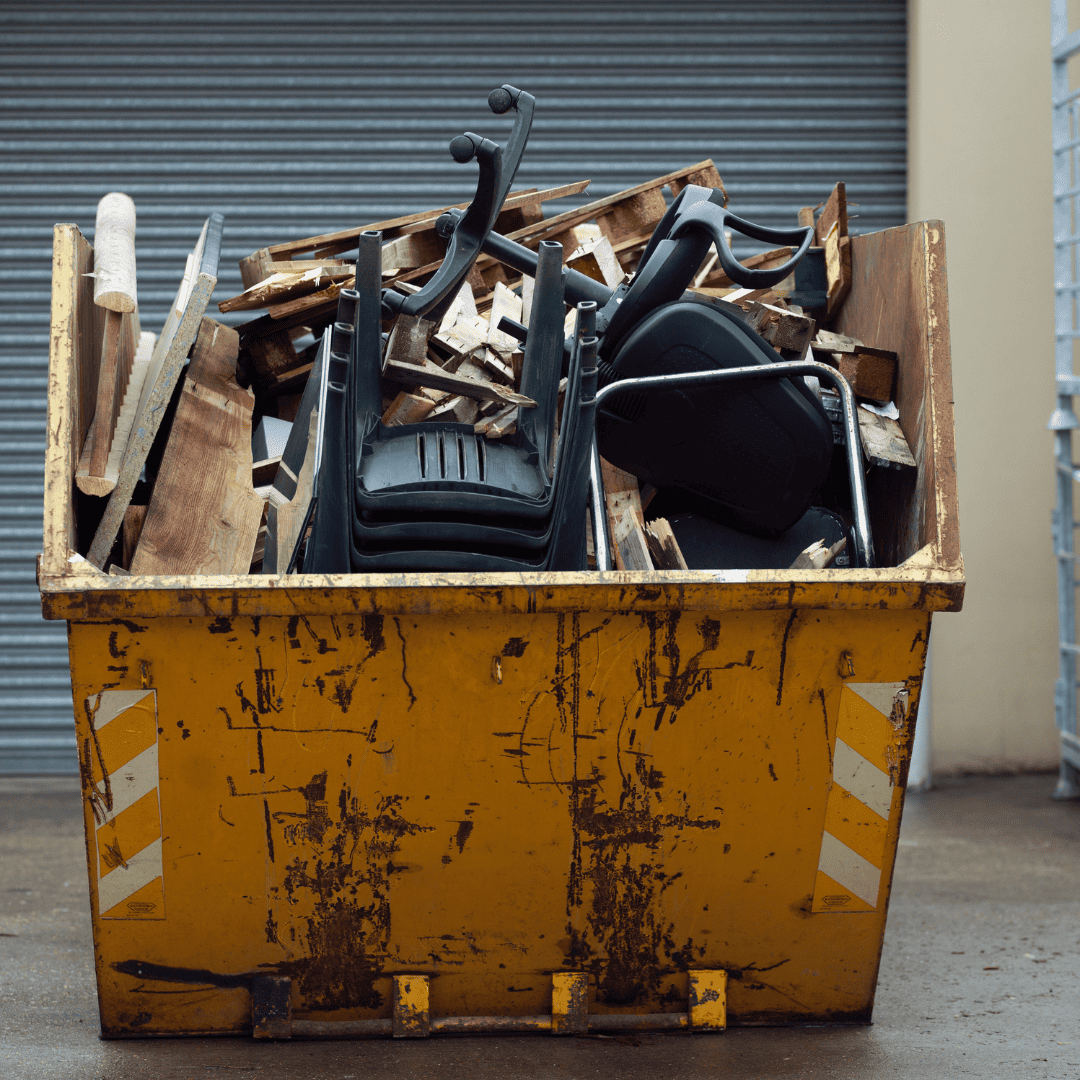Construction projects generate a significant amount of debris and waste, making proper waste collection and disposal crucial for a sustainable and efficient construction industry. Managing construction debris requires effective waste collection solutions that prioritize responsible handling and disposal practices. In this article, we will explore various strategies and solutions for tackling construction debris and ensuring responsible waste management within the construction sector.
Pre-Construction Planning:
Effective waste management begins with pre-construction planning. Construction companies should develop a waste management plan that outlines strategies for minimizing waste generation, maximizing recycling opportunities, and ensuring proper disposal methods. By integrating waste management considerations into the planning phase, construction debris can be significantly reduced.
Segregation and Sorting:
Proper segregation and sorting of construction debris are essential for effective waste management. Establish dedicated areas on-site for segregating different types of waste, such as concrete, wood, metal, and plastics. This allows for easier identification, sorting, and subsequent recycling or disposal of specific materials.

On-Site Recycling:
Implementing on-site recycling systems can greatly reduce the amount of construction debris that needs to be transported off-site. Set up designated recycling stations for materials like concrete, asphalt, and metals. Recycling these materials not only minimizes waste but also conserves valuable resources and reduces the environmental impact of construction projects.
Partnership with Waste Collection Services:
Collaborating with waste collection services that specialize in construction debris is crucial. These services have the expertise and equipment necessary for safe and efficient removal of construction waste. They can provide roll-off containers, dumpsters, or specialized vehicles for transporting and disposing of different types of debris in compliance with local regulations.
Hazardous Material Handling:
Construction projects often involve the use of hazardous materials such as asbestos, lead-based paints, and chemicals. It is crucial to handle and dispose of these materials safely and in accordance with legal requirements. Partnering with waste collection services experienced in hazardous material disposal ensures proper handling and reduces the risk of environmental contamination.
Documentation and Reporting:
Maintaining proper documentation and reporting of waste management activities is essential for accountability and compliance. Keep records of the types and quantities of construction debris generated, recycled, and disposed of. This information can help identify areas for improvement and track progress towards waste reduction targets.
Education and Training:
Proper waste management practices should be ingrained within the construction industry through education and training programs. Provide comprehensive training to construction workers on waste segregation, recycling procedures, and best practices for waste management. By raising awareness and fostering a culture of responsible waste management, the construction sector can contribute to a more sustainable future.
Managing construction debris requires a proactive and systematic approach that encompasses pre-construction planning, segregation, recycling, and collaboration with waste collection services. By implementing effective waste collection solutions, the construction industry can significantly reduce its environmental impact, conserve resources, and contribute to a more sustainable built environment. Prioritizing responsible waste management in construction projects benefits both the industry and the overall well-being of our planet.
